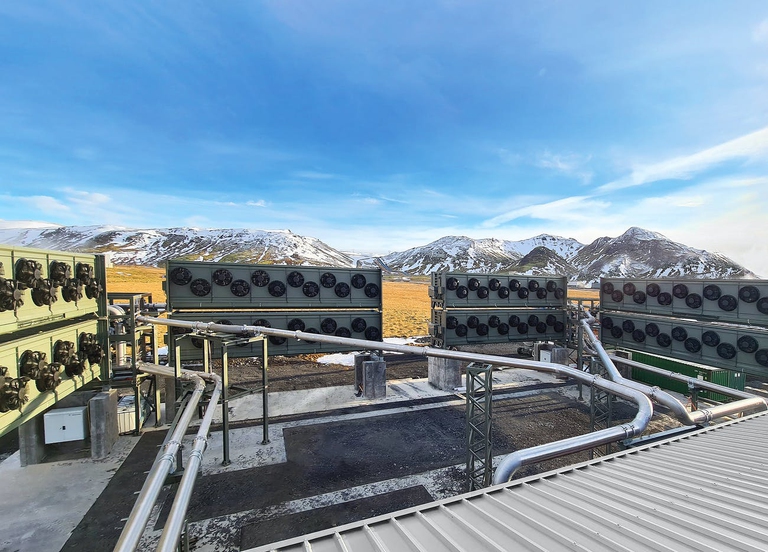https://www.lifegate.it/perdita-co2-ccs-usa
- |
- In the United States, there are 150 requests to build CO2 capture and storage (CCS) facilities.
- Among those already built (four in total), the one in Illinois, by the Adm company, is showing the first signs of slowing down.
- The carbon dioxide stored underground would be leaking out, risking contaminating the aquifers.
The CO2 losses from carbon dioxide capture and storage (CCS) plants are alarming the population of Illinois, in the United States of America (USA).At the center of the matter is the ADM (Archer-Daniels-Midland) plant, a global cereal processing company which, after the authorizations received, is experimenting with the seizure of CO2 from the atmosphere at its plant in Decatur, Macon County.This is the first commercial plant authorized in the US to capture CO2 and store it underground.
The technology used, namely the capture and storage of CO2 (carbon capture and storage, Ccs), is still considered unpromising (as demonstrated by the largest plant in the world, in Iceland) but for many states, especially the richer ones, it is becoming a pillar of government strategies to reduce greenhouse gas emissions produced by fossil fuels and achieve climate goals.In the case of the United States, theInflation reduction act signed by the outgoing administration led by Joe Biden, has strengthened subsidies and tax credits for the sector, starting a real race for CCS.
They are currently operational in the United States only four wells for carbon dioxide sequestration – two in Illinois and two in Indiana – but more are on the way.In Illinois, the geographical conformation favors CCS, with three gas pipelines and 22 wells awaiting approval, while at a national level the EPA (the US environmental protection agency) is examining 150 requests.

The risks of CCS on water resources
CCS operations pose risks to water resources, as pressurized CO2 can leak and push brine into saline tanks, leading to heavy metal contamination and lowering the pH, making the water undrinkable.Critics worry that it solves one problem and creates others.
In September, a leak was detected in the Adm system of Decatur, as reported by the online newspaper E&e news.Subsequent tests by the Environmental Protection Agency (EPA) revealed a second loss in the same month, but the agency confirmed there was no threat to groundwater.However, concerns remain, especially about the transparency of the company and the effectiveness of the CCS.
A loss kept hidden for months
ADM officials reassured the Decatur City Council, arguing that "they wouldn't do this if it wasn't safe."But Adm he kept the first leak under wraps for months.The discovery occurred in March, but the company did not communicate it even during the negotiations to obtain the permit to seize the CO2, approved in July.
It is unclear whether ADM was legally obliged to report the losses in advance, but local authorities said they were surprised.David Horn, a city councilor, criticized the delay in communication, raising doubts about the long-term safety of CCS.In short, as a concerned citizen had the opportunity to say in the online newspaper Grist, “the sequestration of CO2 it doesn't have to be done just because it's technically possible”.
